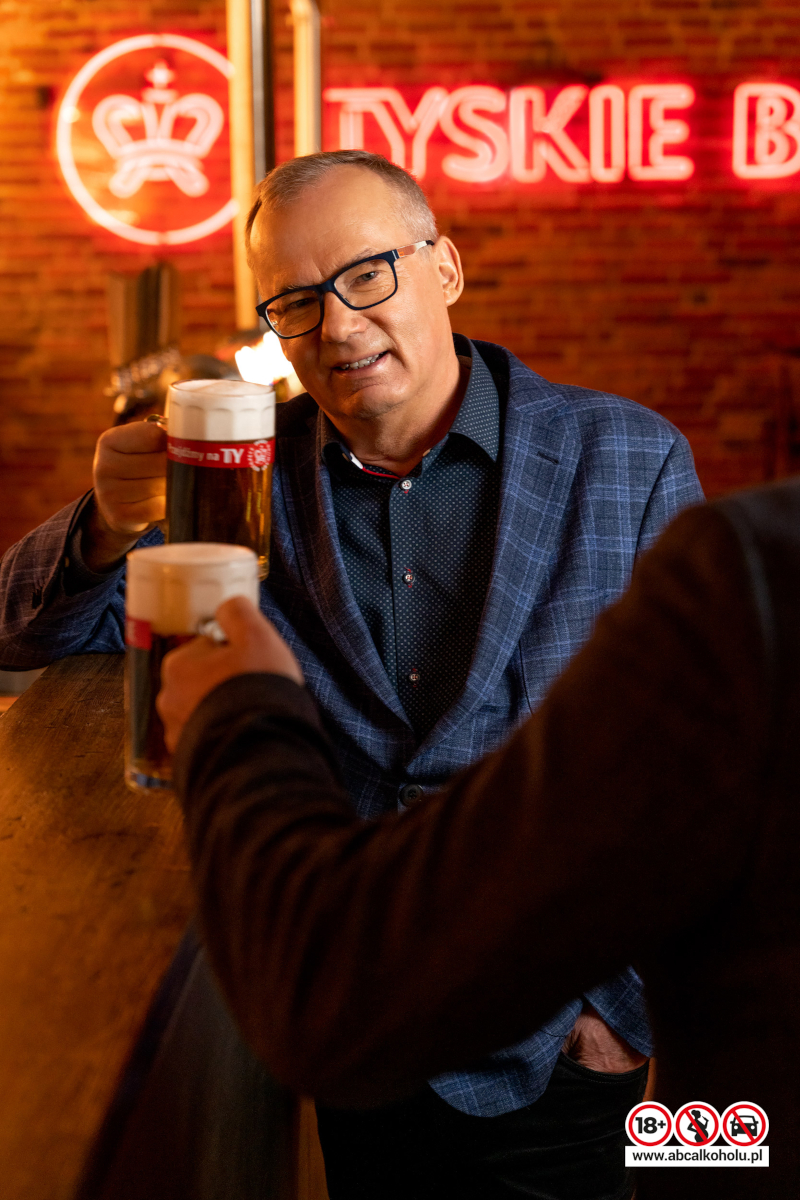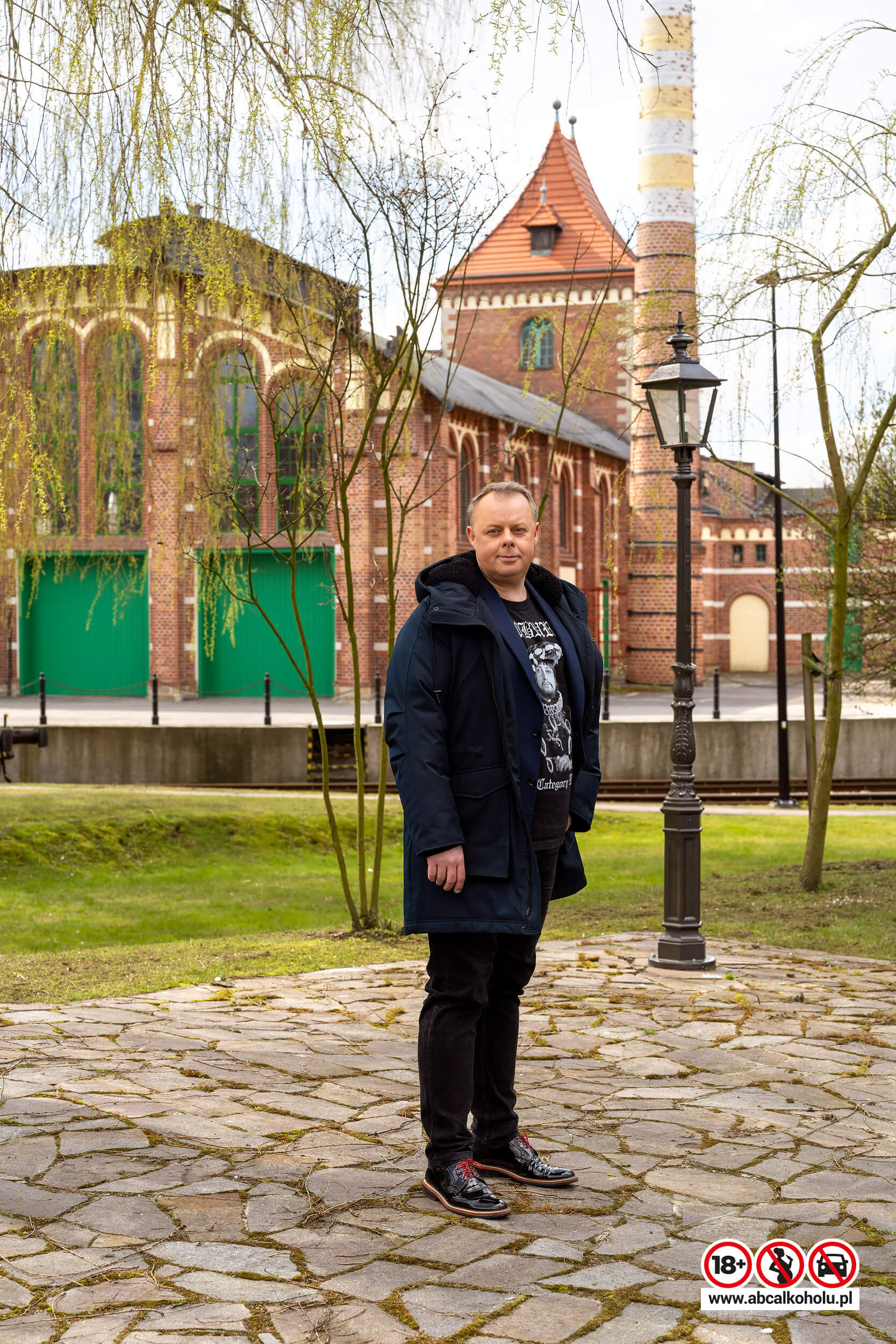
READ THE STORY
The brewery in Pilsen puts a lot of attention on history and tradition. To produce its Pilsner, it
uses only local ingredients: Saaz hops, Moravia barley, soft waters from a legally protected
source – all that within a 70-kilometre radius from the brewery. Plus, H-type bottom-
fermented yeast, used for brewing exclusively by Plzeňský Prazdroj, and production process
with triple decoction, necessary to be able to call the Czech beer Pilsner.
The art of brewing Pilsner Urquell has not changed in over 180 years, as confirmed by
parallel brewing, meaning on a large scale in the brewery from where the beer is exported
across the world, as well as with the use of the traditional method – in the cool temperature
of underground 9-kilometre-long tunnels. Thanks to that, the brewers can be sure that their
beer tastes exactly the same since 1842. Pilsner Urquell is so unique because the brand
does everything to maintain the tradition. The brewery in Pilsen even employs coopers who
make barrels in which the beer is stored.
A tapster is the guardian of this tradition and craft. It is said in the industry that brewers brew
beer, and tapsters create it. I make sure that Pilsner Urquell served in an outlet tastes
exactly the same as in the brewery. Just as brewers in the brewing process, tapsters when
serving pay attention to the smallest details. I want the experience of drinking Pilsner in our
venue to be as full as possible. I share the Pilsen tradition and the values which I myself live
by and respect.
The brewing craft is palpable in outlets with hired tapsters. We talk to the guests about the
history of Pilsner, years of tradition, brewing process, and how the way of pouring influences
the taste of beer. We invite guests to our bar, show the tub in which we cool down the mugs,
explain why it is so important to have the same temperature of mugs and beer, why in the
Czech way of serving to create the right foam it is essential to have a wet mug. There are
some rules to follow when serving beer and taking care of the customer. Waffle coasters
with Pilsner Urquell logo on, thick glass mugs front facing the customer and a mandatory
“cheers” or Czech “na zdraví”. We make sure that the mugs are never empty – although not
in a pushy way. We just keep the mugs full, so the beer tastes the same at all times.
No other beer brand has an equally distinctive culture. We share it with our customers to
teach them how to drink. Many guests enjoy that. When we hear later that our venue serves
the best beer, people come back and talk about us to friends, bragging about their
experience – that’s what matters to us. It is the cherry on top, the real purpose of our work.
I myself am a great example of how important it is to guard and spread the tradition and
culture of Pilsner. When I started working at the “U Przewoźnika” restaurant, Pilsner was just
another beer. I had no idea there were a few different ways of pouring it. I simply poured it at
an angle and topped up at the end. Only here did I learn the Czech way, where you start
with the foam. I owe the knowledge to our boss, Marcin, who is also a tapster and, frankly,
crazy about Pilsner Urquell. He passed that passion on to me, and during one of the
bartender academies organized in our venues, I was noticed and offered to become a
tapster.
I ended up at an intense 4-day training course in the Pilsen-based brewery. I touched on the
history of Pilsner, saw the tank installations, learned how to maintain and clean them. We
were taught the principles of sensorics and what can destroy the taste of beer. Finally, in the
evenings, in Czech taverns, under the watchful eye of tapsters with 30 years of experience, I
discovered the practical side of being a tapster. The training culminated in an exam, which I
passed becoming a certified Pilsner Urquell tapster. The training and certification made me
realize what it takes to brew good beer and then serve it properly. I appreciated the process,
in which there has been no room for any compromise since 1842. Pilsner Urquell is original,
and there’s heart and soul being poured in every step of its brewing process. Us tapsters, we
guard those values. We share them not only with the guests, but also the team – e.g. by
training the waiters.
“What’s the difference between a tapster and a bartender? Bartender focuses on beverages
– he has a menu to follow when preparing drinks. Tapster has more room for creativity.
History, craft, serving, food pairing – we need to look at the bigger picture. All in all, in the
Czech Republic, the chef and tapster are the most important people in a venue.”
I work closely together with our chef, we create the menu together and pair drinks with it.
Thanks to that, I am able to advise our guests. My favourite? Classic. Full body hladinka
ensuring the right balance between bitterness and sweetness. It goes well with roasted
meat, maturing cheese. It is quite a challenge for me when a guest orders… beer with syrup.
The solution here is mliko Pilsner – we talk about its freshness, no pasteurization, and that
works! Just as Książęce Cherry Ale. Thanks to Kompania Piwowarska’s rich portfolio, people
rarely ask for beer with syrup. And if they do – we always serve it separately.
The beer culture in Poland has changed over the last dozen or so years. But I still get the
impression that it is often restricted to pure theory, for example recognizing the type of beer.
We still spend time with beer differently than our Czech neighbours. Moreover, we do not
pay as much attention to the quality of beer or the way it is served. As seen from Pilsner’s
example, many polished details and followed rituals make up the final unique experience.
The fact that I am a certified tapster does not mean I rest on my laurels. Every tapster is also
a bartender, and we meet annually at the Pilsner Academies to share experiences. We
guard the tradition, but we also need to be up to date on what is going on in our industry –
and I do not mean just beer. I cannot stand still.












